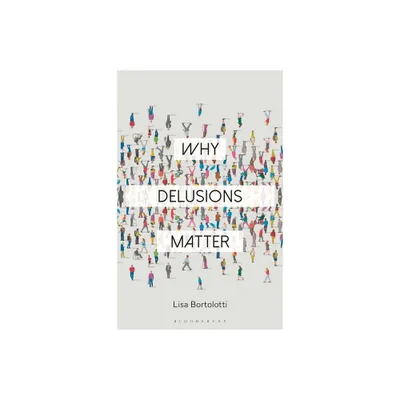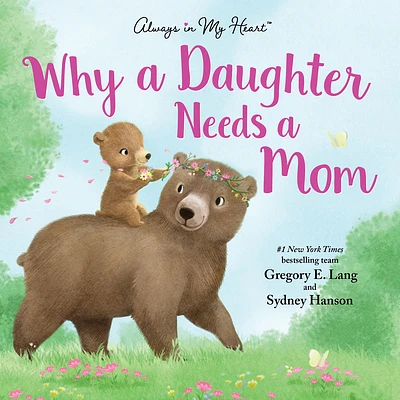Home
The Uses of Delusion: Why It's Not Always Rational to Be
Loading Inventory...
Barnes and Noble
The Uses of Delusion: Why It's Not Always Rational to Be
Current price: $19.99


Barnes and Noble
The Uses of Delusion: Why It's Not Always Rational to Be
Current price: $19.99
Loading Inventory...
Size: Audiobook
*Product Information may vary - to confirm product availability, pricing, and additional information please contact Barnes and Noble
A fascinating examination of delusional thinking and how it might benefit health, relationships, and wellbeing
.
Although reason and rationality are our friends in almost all contexts, in some cases people are better off putting reason aside. In a number of very important situations, we benefit by not seeing the world as it is, and by not behaving like logic-driven machines. Sometimes we know we aren't making sense, and yet we are compelled to act against reason; in other cases, our delusions are so much a part of normal human experience that we are unaware of them. As intelligent as we are, much of what has helped humans succeed as a species is not our prodigious brain power but something much more basic.
The Uses of Delusion
is about aspects of human nature that are not altogether rational but, nonetheless, help us achieve our social and personal goals. Psychologist Stuart Vyse presents a lively, accessible exploration of the psychological concepts behind "useful delusions", fleshing out how delusional thinking may play a role in love and relationships, illness and loss, and personality and behavior. Along the way Vyse draws on the work of William James, Daniel Kahneman, and Joan Didion - who wrote about her compelling belief that her husband, though deceased, would soon return to her. Throughout, Vyse strives to answer the question: why would some of our most illogical beliefs be as helpful as they are? The concluding chapter offers an explanation grounded in natural selection - the ability to fool ourselves, Vyse argues, has actually helped us to survive. In the final pages of
, Vyse offers suggestions for determining when reason should rule and when intuition and emotion should be allowed to take over.
.
Although reason and rationality are our friends in almost all contexts, in some cases people are better off putting reason aside. In a number of very important situations, we benefit by not seeing the world as it is, and by not behaving like logic-driven machines. Sometimes we know we aren't making sense, and yet we are compelled to act against reason; in other cases, our delusions are so much a part of normal human experience that we are unaware of them. As intelligent as we are, much of what has helped humans succeed as a species is not our prodigious brain power but something much more basic.
The Uses of Delusion
is about aspects of human nature that are not altogether rational but, nonetheless, help us achieve our social and personal goals. Psychologist Stuart Vyse presents a lively, accessible exploration of the psychological concepts behind "useful delusions", fleshing out how delusional thinking may play a role in love and relationships, illness and loss, and personality and behavior. Along the way Vyse draws on the work of William James, Daniel Kahneman, and Joan Didion - who wrote about her compelling belief that her husband, though deceased, would soon return to her. Throughout, Vyse strives to answer the question: why would some of our most illogical beliefs be as helpful as they are? The concluding chapter offers an explanation grounded in natural selection - the ability to fool ourselves, Vyse argues, has actually helped us to survive. In the final pages of
, Vyse offers suggestions for determining when reason should rule and when intuition and emotion should be allowed to take over.


















